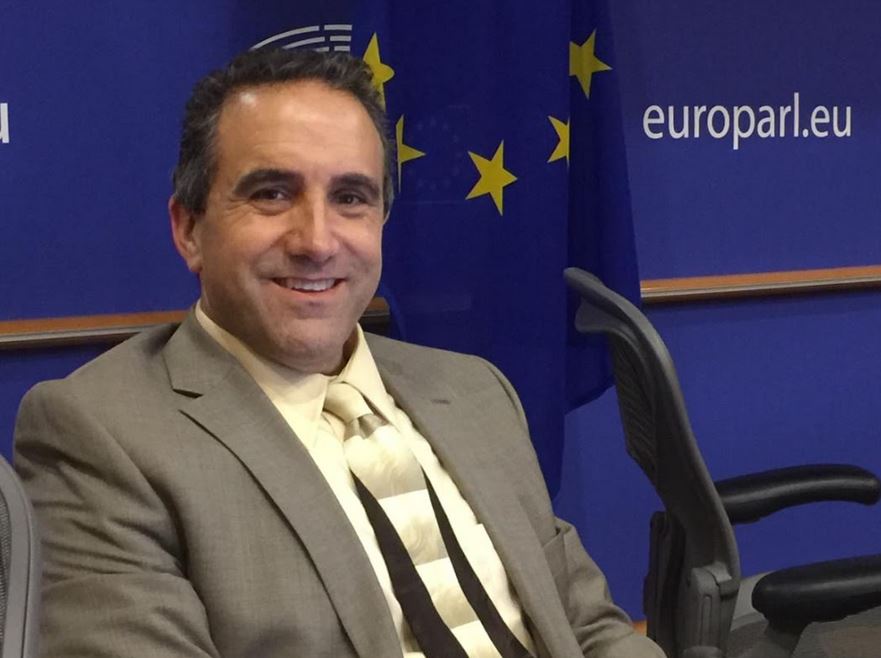Trump Victory in Presidential Race Stuns Climate World
he global climate community gathering now in Marrakech, Morocco is reeling from the news that the U.S. has elected Donald Trump, a climate denier, to be the next U.S. president.
The outcome was an unwelcome surprise and bitter disappointment to many climate negotiators, experts and activists at the 22nd session of the Conference of the Parties (COP 22). The latest round of United Nations climate talks aimed to quickly turn the goals of last year’s Paris agreement into action and was counting on America, the second-largest greenhouse gas emitter, to not only meet its climate goals but also take greater action in the coming years.
“People are upset,” said Timmons Roberts, an environmental studies professor at Brown University. “But I think there is the feeling that we’ve been through this before with the election in 2000,” when Democrat Al Gore, a climate advocate, lost to Republican George W. Bush, who went on to withdraw the U.S. from the 1997 climate accord, the Kyoto Protocol.
On the campaign trail, Trump, a Republican, backed more fossil fuel production in the U.S. and vowed to “cancel” the Paris agreement. He has repeatedly suggested that climate change is a hoax. His Democratic challenger Hillary Clinton, in contrast, has called for urgent action on climate change. Despite Trump’s record on the issue, some in Marrakech are expressing cautious optimism that he could change his tune when he’s in office.
“President-elect Donald Trump has been the source of a lot of bluster on climate change over the last year,” Hilda Heine, president of the Marshall Islands, told Climate Nexus. “But now that the election campaign has passed and the realities of leadership settle in, I expect he will realize that climate change is a threat to his people and to whole countries which share seas with the U.S. including my own.”


